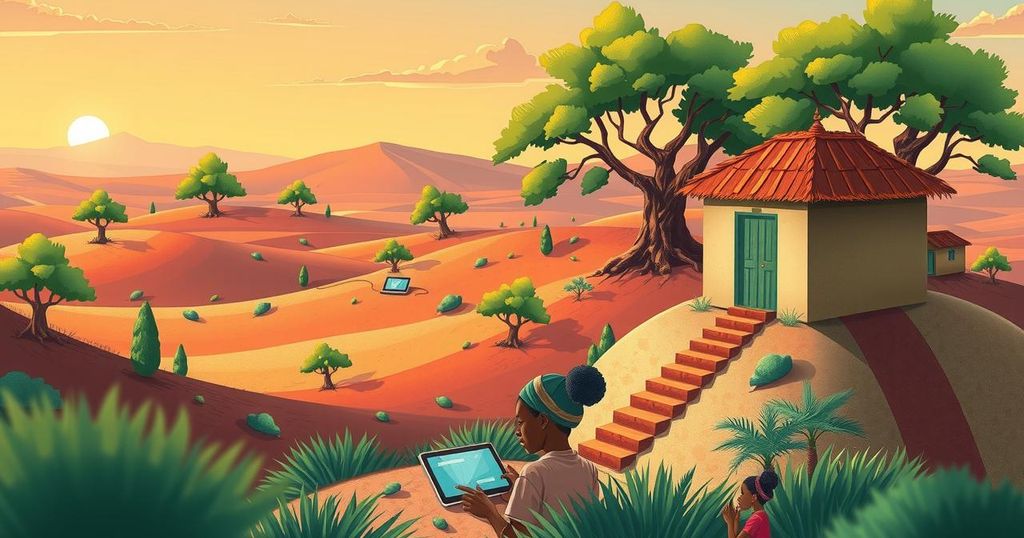Enhancing Support for Sexual Assault Survivors in South Sudan through Technology
Survivors of sexual assault in South Sudan encounter major obstacles in obtaining medical care. One woman’s story illustrates this dire situation, highlighting the need for technological innovations to support and empower victims. Improved access to healthcare and legal assistance is essential to ensure survivors receive the help they deserve.
In South Sudan, survivors of sexual assault face significant barriers in receiving the necessary medical assistance. A notable case involves a 28-year-old woman who was gang-raped by armed men while collecting firewood. Despite her suffering, she encountered closed clinics and was turned away based on her inability to pay for health services.
Months later, while in a displacement camp, she expressed the pain of her experience: “I felt like I wasn’t heard … and now I’m pregnant.” This highlights a critical issue in the healthcare system amidst ongoing conflict and instability in the region.
The plight of sexual assault survivors exposes the urgent need for improved support systems, including accessible healthcare and legal aid. Technological solutions could play a vital role in helping victims report incidents securely, find available medical resources, and connect with counseling services.
Advancements such as mobile applications could facilitate quicker access to information and support, thereby empowering survivors and ensuring they receive the help needed. However, the reality remains grim as many women continue to suffer in silence, exacerbated by the lack of adequate infrastructure and resources.
In conclusion, the situation for survivors of sexual assault in South Sudan calls for urgent attention and innovative solutions. The challenges faced by individuals seeking medical assistance are profound, underscoring the need for advancements in technology to facilitate help and resources. Addressing these crucial gaps not only equips survivors with necessary support but also acknowledges their struggles and voices.
Original Source: www.bdtonline.com




Post Comment